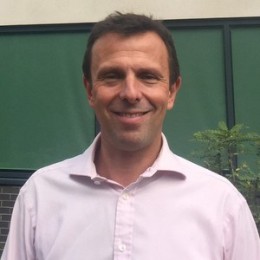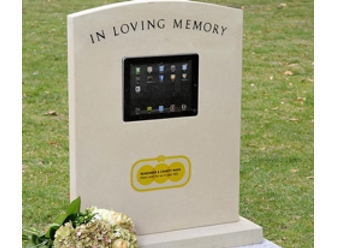 A Manchester-based IT consultancy firm has been shut down after an investigation by the Insolvency Service found it “pretended to be Google” to fraudulently make over £500,000.
A Manchester-based IT consultancy firm has been shut down after an investigation by the Insolvency Service found it “pretended to be Google” to fraudulently make over £500,000.
Movette Limited, trading as Online Content Management Services and OCMS, sold a service managing ‘Google My Business’ listings for clients, charging between £199 and £249 for a 12-month subscription.
Google My Business lets companies list their services on Google, so they appear when people search for related services in their area, but the Google service was free.
Movette sold its management services to unwitting customers by “stating or implying that it represented or was affiliated with Google when in reality there was no such relationship”, according to the Insolvency Service.
The firm had been reported to various regulatory bodies, including City of London Police’s Action Fraud, over its two-and-a-half-year existence. This was the second go at the fraud, it tried the same trick as a company called Online Platform Management, was wound up in 2015. The company’s records show it received fees totalling £537,000.
Colin Cronin, the investigation supervisor with the Insolvency Service, said: “Movette used deceptive methods to persuade customers to sign up for its service, including stating or implying that it represented or was connected to Google.
“The company then made it difficult for customers to extract themselves from rolling contracts and used debt collection methods which were coercive and intimidatory. These proceedings show that the Insolvency Service will take firm action against companies which operate in this manner.”
OCMS was wound up on 28 July, with the Official Receiver being appointed liquidator.



















